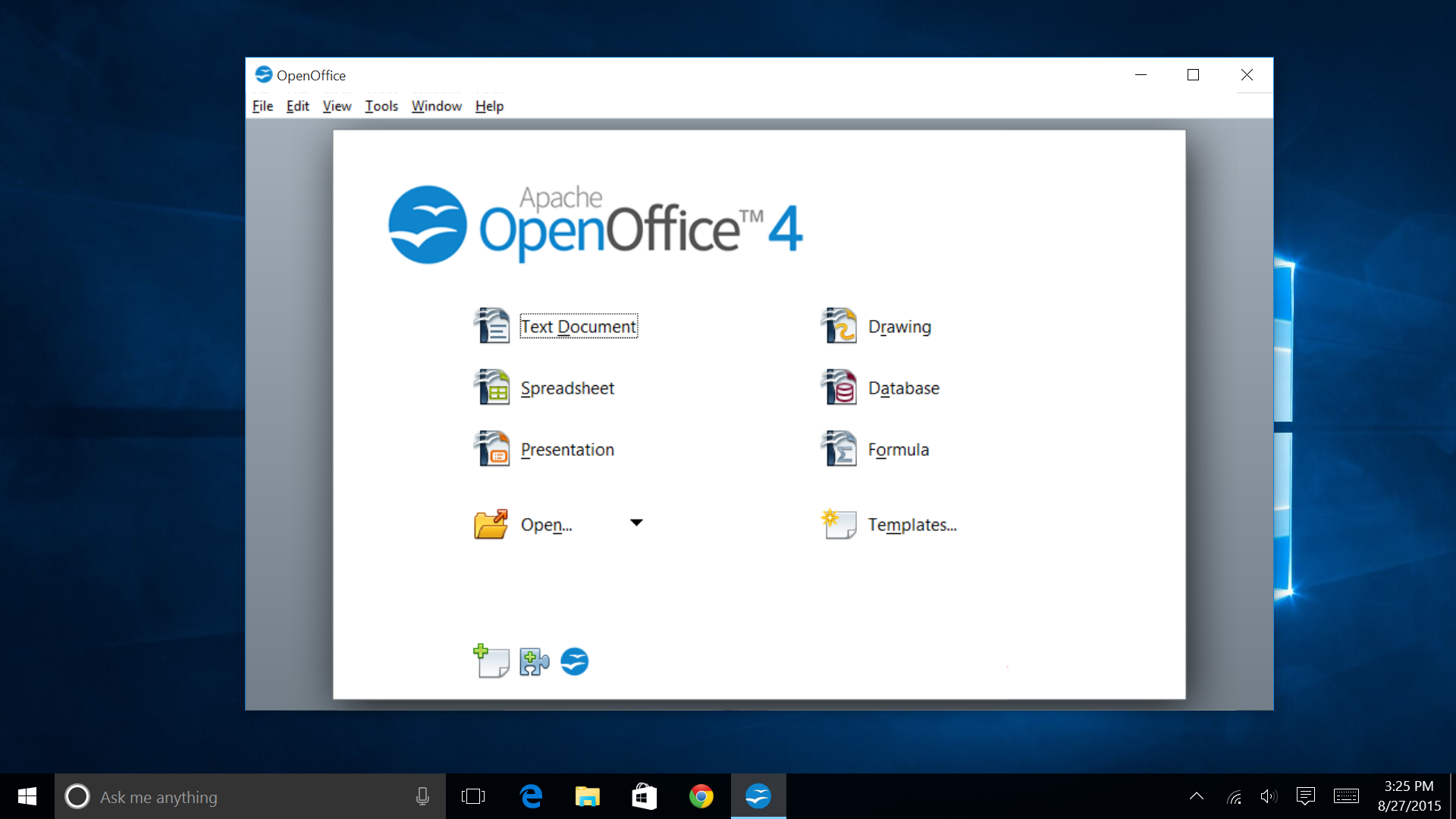
The patient experiences urine loss during coughing, sneezing, or physical exertion.

Due to social stigma associated with the disease, patients are often too embarrassed to seek help. Unfortunately, although UI is treatable, it is often left untreated. 3 UI is not part of the normal aging process, and it is physically and emotionally uncomfortable for the sufferer. (1992) found that approximately 20% of incontinent women abstain from social activities due to incontinence. Sufferers may become socially isolated due to fear of embarrassing themselves or family and friends. UI has a significant impact on quality of life. There are numerous causes of UI, and the following risk factors are among the most prominent: For noninstitutionalized persons older than 60 years of age, prevalence ranges from 15 to 35 percent, with women having twice the prevalence of men. Approximately 13 million adults in the United States suffer from incontinence, with nearly half of nursing home residents having some degree of incontinence. Urinary incontinence (UI) refers to the involuntary loss of urine. (2) reviews the history of Medicare's coverage policy on sacral nerve stimulation (SNS) and provides a timeline of recent activities (3) analyzes the relevant scientific data related to SNS and (4) delineates the reasons for instituting a national determination to cover SNS for the management of urinary urge incontinence, urinary urgency-frequency syndrome and urinary retention. This memo serves four purposes: (1) outlines the descriptions and treatments of urinary urge incontinence, urinary urgency-frequency syndrome and urinary retention

Health Insurance Specialist, Coverage and Analysis GroupĪcting Director, Division of Medical and Surgical Services, Coverage and Analysis Group To: Administrative File CAG-00058N: Sacral Nerve Stimulation


 0 kommentar(er)
0 kommentar(er)
